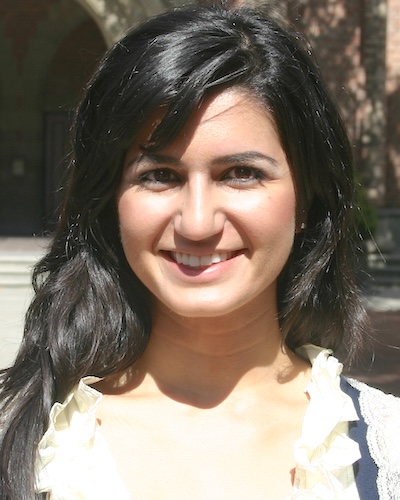Student Blog
Helen

Why did you choose to study OT? ⟩
September 30, 2010, by Helen
Getting Involved What are OS/OT?
Everyone asks, “What made you choose Occupational Therapy?”
Throughout my academic career, I always knew I wanted to work in a helping, health profession. In high school, I did room visits at the local rehabilitation hospital listening to patients, asking about their day, and opening myself up to the patients’ histories, family circumstances, and their concerns for the future. I organized a group called the Musical Bridge to bring a source of music and energy to those rehabilitating. For six years, I organized monthly recitals in the rehabilitation hospital. By adding a source of entertainment to the daily lives of the patients, I felt that I could, in an acute sense, promote their emotional and mental health.
Later in high school, I watched my grandfather slowly lose all independence to his dementia. While watching the persistence of my grandfather’s character despite experiencing such a devastating neurological disorder, I realized the value of resiliency. As a fourteen year old, I knew that I wanted to dedicate my professional future to the field of rehabilitation in some way. I am fascinated by people, their perspectives, and how no two individuals internalize and experience the same circumstance identically. My passion is studying developmental processes and the genetic, social, and socioeconomic factors that intertwine to influence one’s process of growth and attaining independence. Everything I have done up to now has been part of my efforts to help individuals rehabilitate and retain independence in their daily lives.
During my undergraduate studies, I took it upon myself to volunteer at as many rehabilitation settings as possible to determine where my strengths would best be utilized. I volunteered at pediatric clinics, geriatric gyms, rehabilitation hospitals, at an adult day health center, in addition to shadowing therapists in the school district. Through volunteering at these different sites, I realized that Occupational Therapy was a field that truly intertwined everything I loved about the rehabilitation process. Occupational Therapists were able to take the time in learning the client’s past, understanding how their condition affects the present, and set goals that would maximize function for the future. By utilizing the client’s interests to drive therapy, the Occupational Therapists I observed were able to provide motivation when patients were at their weakest points.
My most influential internship was at an adult day center working closely with clients who had been affected by various unpredictable circumstances. There is one gentleman, whom I will call John, who tremendously influenced my drive to pursue Occupational Therapy as a profession. His short term memory and motor skills have been significantly impaired due to anoxia after Cardiac Arrest. I worked with him on the piano, actively watching his progression from not recognizing notes to once again being able to sight-read very simple sheet music. While John may not have recognized me when he saw me every week, and despite him staring at me blankly as I made eye contact with him and asked him if he would “like to play piano today,” he would excitedly follow my lead into the therapy room. As I adjusted his chair, making sure that he could comfortably reach the keys, he sat patiently waiting to be presented with sheet music to play. As our piano session would end and I walked John back to his familiar seat, at his familiar table, I would say “It was nice playing piano with you today” and he would nod his head yes. After ten months of playing the piano with the therapist and me on a weekly basis, John was able to retain significant amounts of motor control, develop his postural balance, his distal control, and increase his visual motor skills. All these developments were possible because the therapist had best understood John’s therapeutic currency — his occupation.
It is an understatement to argue the power of a positive mentality and the outcome of hard work. Every patient I have seen has influenced my own perspective and the way I approach personal issues in my life. Through USC, I have had opportunities working in pediatric occupational therapy, acute inpatient occupational therapy, in the school districts, as well as an international fieldwork experience in Ghana. Additionally, I have been exposed to the value of professional advocacy and health care politics. By having a strong sense of the theory behind practice, intertwined with hands on experience, I become increasingly passionate about the field of Occupational Therapy the more I learn. I do not hope to merely attain a graduate degree, but rather lead an energetic practice and continue personal research in the fields of development and rehabilitation. Occupational Therapy allows me to take a holistic view of each client to assess every client’s strengths and limitations and develop a plan of care which addresses their goals and maximizes function. I have gained that this trust and respect of the client as a person provides the foundation of therapy. Being a vital component of an individual’s process of rehabilitation energizes my pursuit of Occupational Therapy. Whether it is my grandfather or John, as a future Occupational Therapist, I hope to always project the same humility and motivation that I have learned from the clients I have worked with.
⋯





